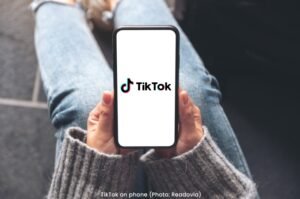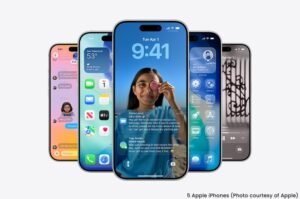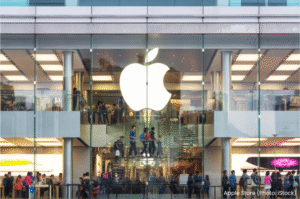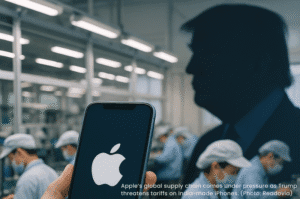Apple, long admired for its sleek tech and loyal customer base, is now facing serious heat from the U.S. Department of Justice (DOJ). In a lawsuit filed earlier this spring, the DOJ accused the iPhone maker of unfairly blocking competition and locking consumers into its products in ways that go far beyond the usual brand loyalty.
According to the suit, Apple has carefully crafted a “walled garden” that makes it difficult — and sometimes impossible — for rivals to compete. Whether it’s the green bubbles of non-iMessage users, limited smartwatch compatibility, or hurdles faced by third-party digital wallet services, the government says Apple is using its dominance not just to innovate, but to isolate.
What’s at Stake
At the heart of the lawsuit is a question: Has Apple crossed the line from innovation to domination? The DOJ argues that Apple’s control over iPhone software and hardware gives it the power to stifle competition, limit consumer choice, and ultimately keep prices high.
They cite issues such as:
- iMessage exclusivity, which makes communication between iPhone and Android users less seamless.
- Limited access for third-party smartwatches, nudging consumers toward Apple Watches.
- Restrictions on digital wallets, which favor Apple Pay over others.
If successful, the lawsuit could reshape how Apple designs and shares its tech — and even how its ecosystem works. It might also set a precedent for how other Big Tech companies operate.
Apple’s Response? It’s Business as Usual – For Now
Apple has pushed back, saying its ecosystem is built for privacy, security, and user experience — not control. The company warns that changes could weaken those protections and harm the very customers the DOJ says it’s trying to help.
As of now, Apple continues to develop new devices and roll out software updates as usual, staying quiet about how this case might change the future.































